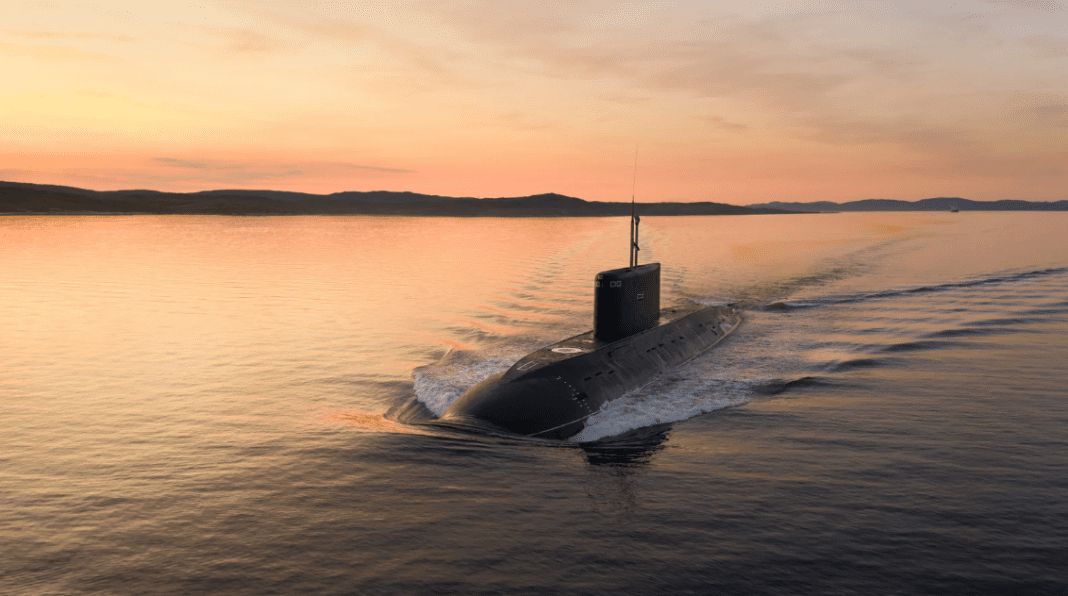South Korea has announced a historic plan to transfer its first-generation Jang Bogo-class submarine to Poland at no cost. This move, confirmed by the South Korean Ministry of National Defense, is designed to strengthen defense cooperation between the two countries while also supporting South Korea’s domestic defense industry.
Historic Submarine Transfer Marks a Milestone in Defense Cooperation
The submarine, which has served South Korea for almost three decades, completed its final operational mission on November 19 and is officially set to retire by the end of the year. After decommissioning, it will be handed over to Poland for active use, giving the European country a ready-to-use underwater asset without the cost of a new submarine.
Officials highlighted that the transfer is not merely a gesture of goodwill. It is a strategic step to promote closer defense collaboration and create practical channels for working with the Polish Navy.
Beijing Erupts Over Seoul’s Nuclear Submarine Pact with U.S.—“Don’t Play with Fire on Taiwan!”
This is particularly significant as Poland has become one of South Korea’s largest buyers of defense equipment in recent years. The partnership reflects growing trust and mutual interest in strengthening military capabilities and sharing expertise.
Supporting Poland’s Next-Generation Submarine Program
The submarine transfer also has an important industrial purpose. South Korea’s defense industry, especially Hanwha Ocean, is competing for a major Polish contract known as the “Orka” project. The program aims to introduce three new 3,000-ton submarines for Poland. Officials estimate the contract’s value at around 3.4 trillion won ($2.31 billion), and if it includes long-term maintenance and operational support, the total cost could reach nearly 8 trillion won.
By giving Poland the Jang Bogo-class submarine for free, South Korea showcases its naval technology and operational expertise. This move also helps domestic companies compete for the Orka contract. Germany’s ThyssenKrupp Marine Systems, Italy’s Fincantieri, and Sweden’s Saab are competing for the project. Poland is expected to select its preferred bidder soon.
Undersea Espionage? Sanctioned Russian Ship Caught Lurking Near Vital Poland-Sweden Power Cable
The Jang Bogo-class submarine has a notable history. German shipbuilders constructed it in 1988 and launched it in 1991. The South Korean Navy commissioned it in 1994 as the country’s first modern submarine. Over its three decades of service, the vessel sailed roughly 633,000 kilometers, conducting various operations and naval exercises before completing its final mission last week. The submarine played a key role in advancing South Korea’s naval capabilities and training generations of submarine crews.
Strengthening Strategic Defense Relations
This submarine transfer is part of a wider effort to deepen defense ties between South Korea and Poland. In recent years, Poland has signed multiple landmark contracts with South Korea, acquiring advanced military equipment including K2 tanks and K9 howitzers. The first K2 tank deal was finalized in 2022, followed by a second contract worth around $6.5 billion earlier this year. This second deal is now the largest single weapons contract in South Korea’s defense export history. Overall, Poland’s cumulative purchases of South Korean defense systems now total roughly $23.2 billion.
Officials said the submarine transfer aims to build stronger defense partnerships, create favorable conditions for South Korean companies in future military programs, and enhance operational cooperation with the Polish Navy. Providing an operational submarine at no cost also demonstrates South Korea’s commitment to international defense collaboration and strengthens its reputation as a reliable strategic partner.
The Jang Bogo-class submarine transfer is a rare and significant move in international defense relations. It gives Poland immediate access to a capable naval asset while highlighting South Korea’s growing role as a global arms exporter. The gesture underscores the country’s strategic approach to international defense collaboration, combining industrial support with practical military cooperation.

